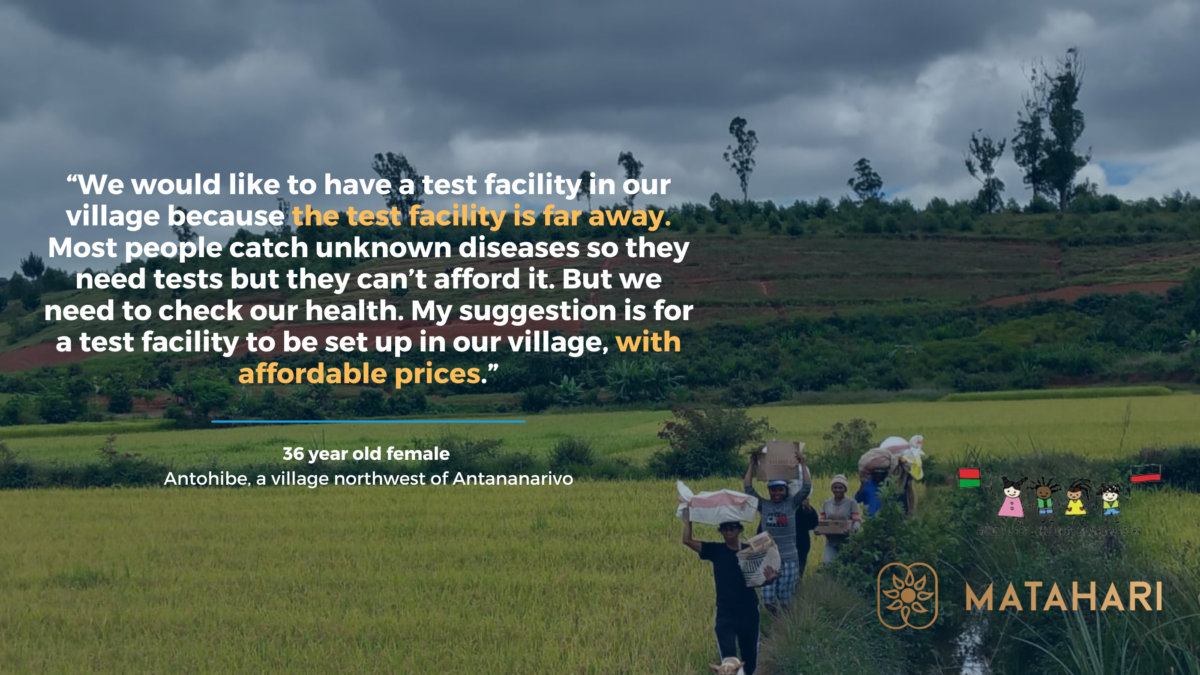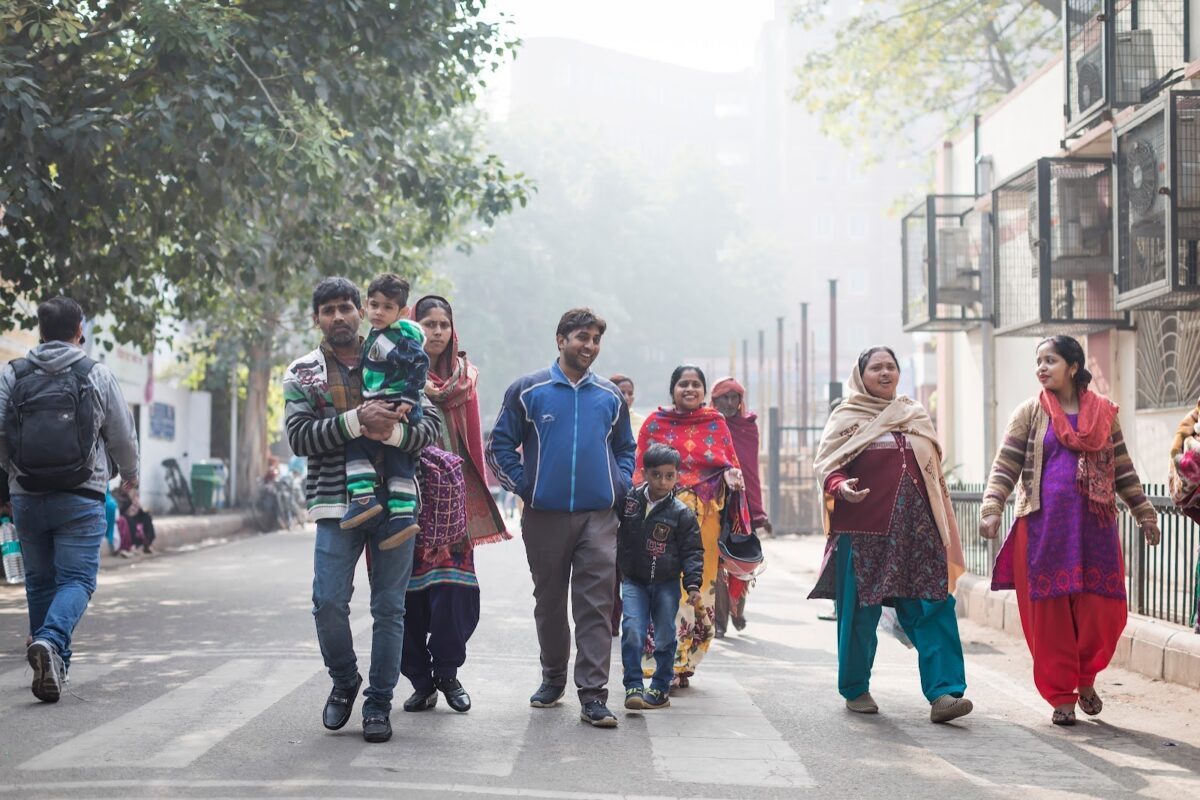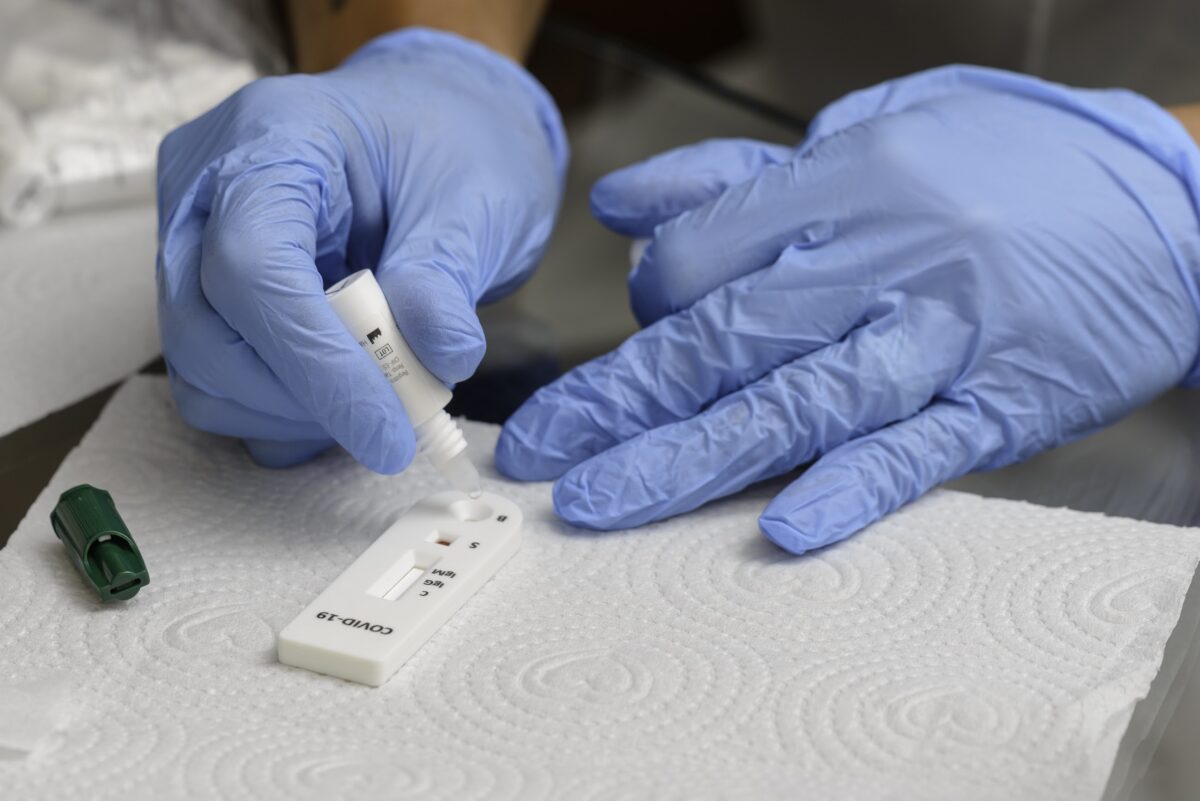Communities in Madagascar face numerous barriers in accessing diagnostics services. In this rapid assessment, led by Matahari Global Solutions, in partnership with the community-based organisation Ankizy Gasy, and supported by FIND, 43 individuals living in rural and semi-rural communities in Madagascar were interviewed to understand availability of diagnostics, and to understand barriers to accessing diagnostics.
This rapid assessment found a complex diagnostics environment marked by high out-of-pocket spending for diagnostics relative to income, relatively long distances to get to primary healthcare centres, doctors prescribing antibiotics with incomplete diagnostics regimens or no diagnostics at all, poor clinical practices on diagnostics (such as use of inaccurate terminology), and insufficient data about stockouts. Because rapid malaria tests are provided for free, doctors offer these more regularly, but upon a negative result are unable to recommend additional tests because of the cost barrier. The assessment also found that rural communities overwhelmingly wanted more accessible and affordable testing – and perceived that people they knew were dying from ‘unknown diseases’.
To learn more about the results of the assessment, and recommendations to address the barriers revealed, click below.





